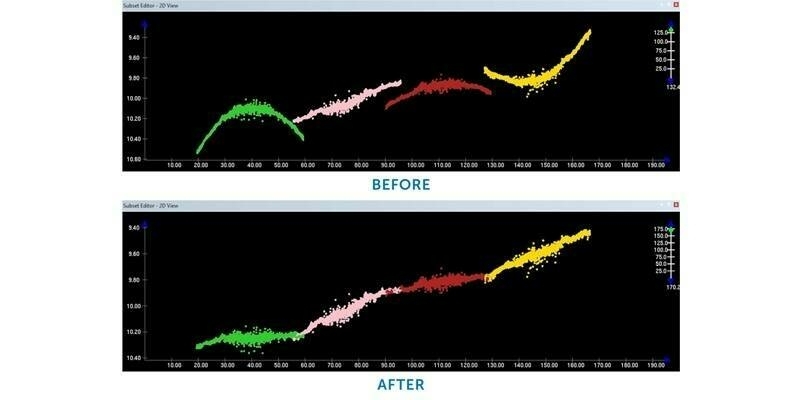To mark the 400th anniversary of this undertaking, a team led by US-owned but Plymouth-based firm MSubs, and including Plymouth University and ProMare (a charitable research foundation), has an audacious plan to design and build a fully autonomous ship to make the same Atlantic crossing, completely unmanned, in 2020. During the voyage, the Mayflower Autonomous Ship – MAS400 – will conduct a series of scientific experiments before arriving at its destination in the USA. Unlike the Mayflower however, the final destination isn’t America, as the plan is for MAS400 to continue on an unmanned circumnavigation of the globe, eventually returning to its home port of Plymouth.
Silicon Sensing is to provide a package of support to help turn the MAS400 concept into reality. In addition to sponsorship of the project, Silicon Sensing will supply its latest precision MEMS IMU (Micro Electro-Mechanical Systems - Inertial Measurement Unit), the DMU30, to provide the inertial sensing data within the electronic autopilot to help guide MAS400 during its ocean adventures. MSubs and Silicon Sensing have been collaborating on the evaluation of DMU30 for future INS-based surface and subsea navigation solutions for a variety of projects at MSubs.
Silicon Sensing Systems Ltd specialises in the production of advanced MEMS gyros, accelerometers and inertial measurement units for a wide range of industrial and commercial markets, ranging from autonomous vehicles through smart agriculture to aviation.
Follow the Mayflower Autonomous Ship project at Twitter @MAS_400 and on Facebook page MARS400. For more information on the Mayflower 400 celebrations visit www.mayflower400uk.com.
Subscribe to our newsletter
Stay updated on the latest technology, innovation product arrivals and exciting offers to your inbox.
Newsletter

